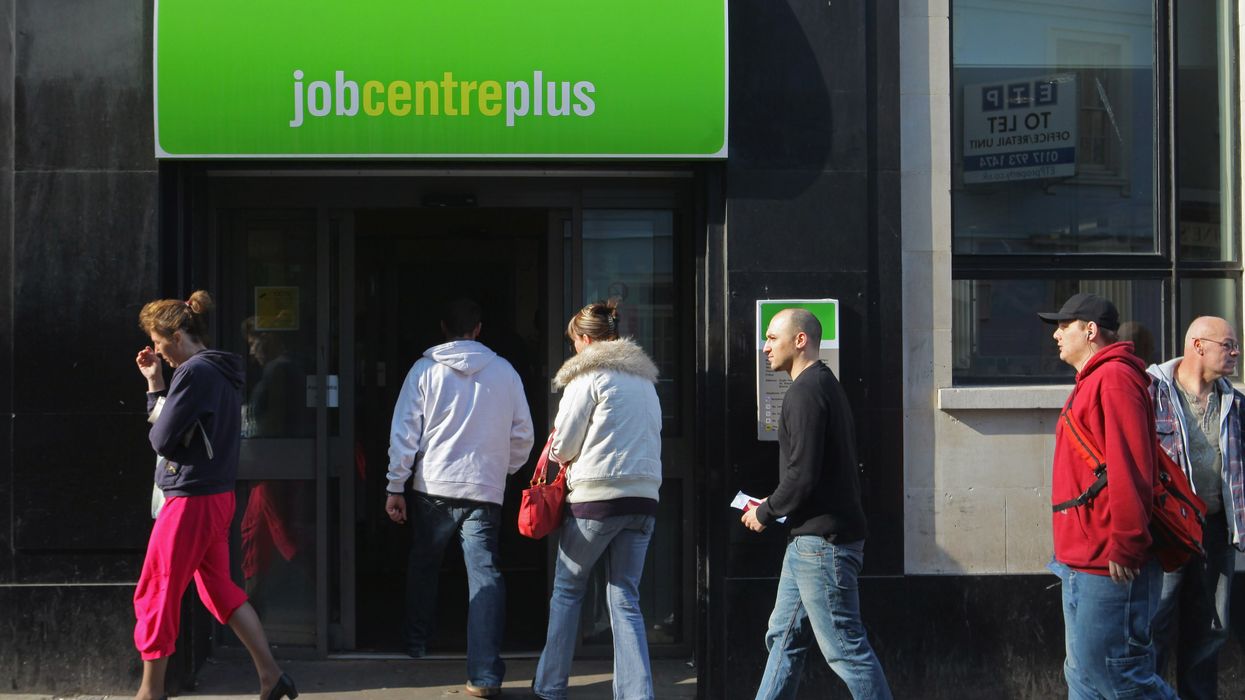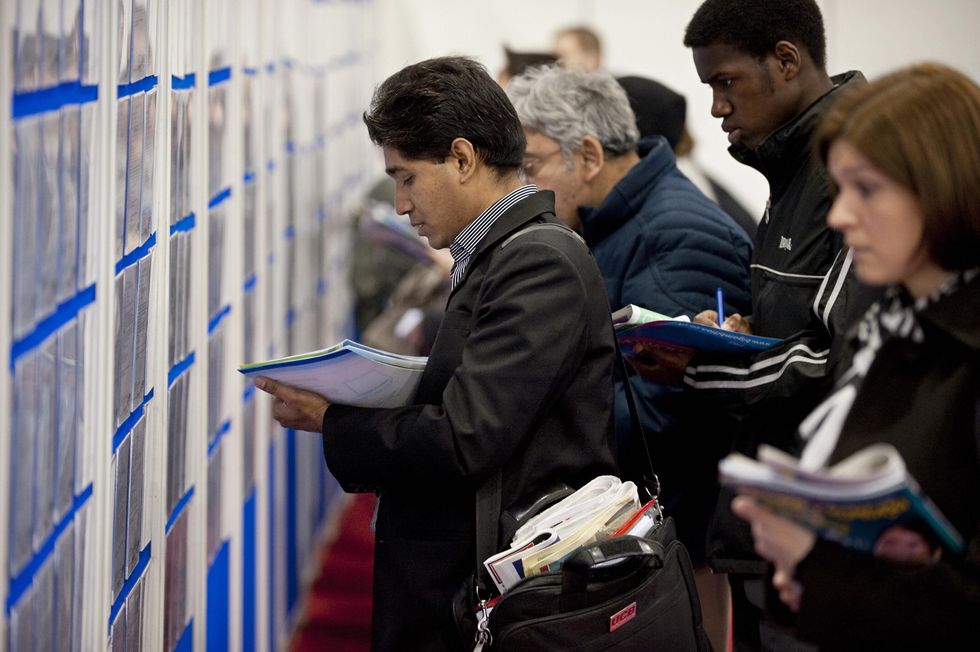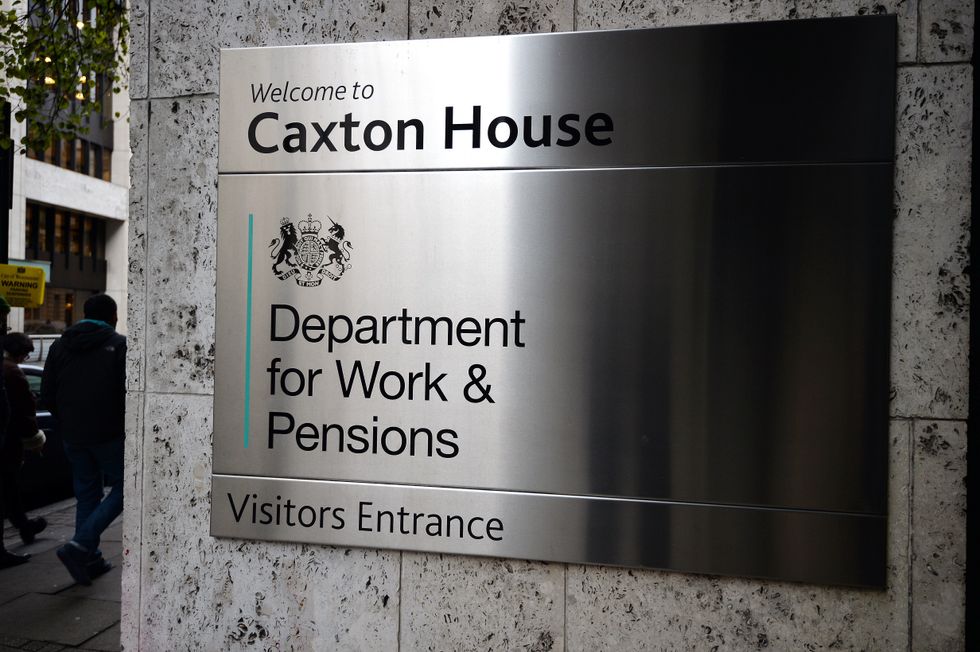‘It is high time to crack down on Britain's workshy benefit scroungers,’ blasts Simon Danczuk

‘It is high time to crack down on Britain's workshy benefit scroungers,’ blasts Simon Danczuk
|Getty Images
The former Labour MP for Rochdale recounted a meeting with one of his workshy constituents
Don't Miss
Most Read
When I was MP for Rochdale a chap came into my surgery, in early 2014, let’s call him John, and he wanted help resisting the authorities who were pushing him back into a job. He was obese and claimed to have various health conditions. In his view, he just wasn’t able to work. The authorities thought differently.
I explained my tendency was usually to believe what the authorities said, and that his best course of action was to grasp the ‘back to work’ scheme he was being offered, I wouldn’t make representations to help him stay on benefits. He wasn’t impressed and left in a huff.
Why do I raise John’s case? Because economic inactivity rates in the UK are far too high. We have more people than ever of working age who are not in jobs. Whilst the official unemployment rate is relatively low at 3.8 per cent – that is those seeking work but not finding it – our employment rate (75 per cent) is lower than our competitor countries, lower than what it should be.
Those economically inactive, of working age, include students who choose not to have a part-time job, those who’ve retired early, people looking after their family or home, or those claiming sickness benefits.

Job fair
|Getty Images
According to the Office of National Statistics (ONS), 22 per cent of 16 to 64-year-olds are inactive, though this rises to 33 per cent for those of Pakistani or Bangladeshi origin. In London 41 per cent of those with a Pakistani or Bangladeshi background, who are of working age, are inactive – it’s 20 per cent for white people.
The Resolution Foundation recently published a report showing that 2.7 million working-age adults were now economically inactive due to long-term sickness and that it has been steadily rising over the last five years.
Hardworking British people are now having to work harder and longer to keep more people on benefits.
Immigration into the UK is exacerbating the problem. According to the Centre for Migration Control, 724,000 non-UK individuals, of working age, make up the economically inactive, and that has increased from 623,250 in 2021. This doesn’t include international students which has also dramatically increased.
MORE AGENDA-SETTING OPINION:
Department for Work and Pensions
|PA
Some big UK employers use the lack of people available for work as a reason to retain unsustainable levels of immigration.
But more people are now being signed off sick, more people are claiming Universal Credit, more people are getting Personal Independence Payments and that’s unsustainable.
The last significant reduction in sickness claimants was when Ian Duncan Smith was Work and Pensions Secretary from 2010 to 2016. His approach was to have claimants challenged on their inability to work, but since then the Conservative Government have taken their eye off the ball, it’s as though they don’t care.
The situation was no better under the last Labour Government. They regularly had between 2.1 and 2.3 million claiming long-term sickness. There’s no reason to believe it’ll be any different when Labour win the forthcoming General Election.
This economically inactive model, where we keep large numbers on benefits and import labour from abroad no longer works – it’s part of why Britain is failing.
Returning to ‘John’ in Rochdale, I bumped into him several months later, at the local leisure centre. He came over and reminded me of our conversation. I didn’t recognise him at first, he’d lost lots of weight and now had a job – he said he was the happiest he’d been for years.
We desperately need a Government which will encourage, enable, train and challenge people back into work. At the moment only, Reform UK are the party offering anything that comes close to doing that.










